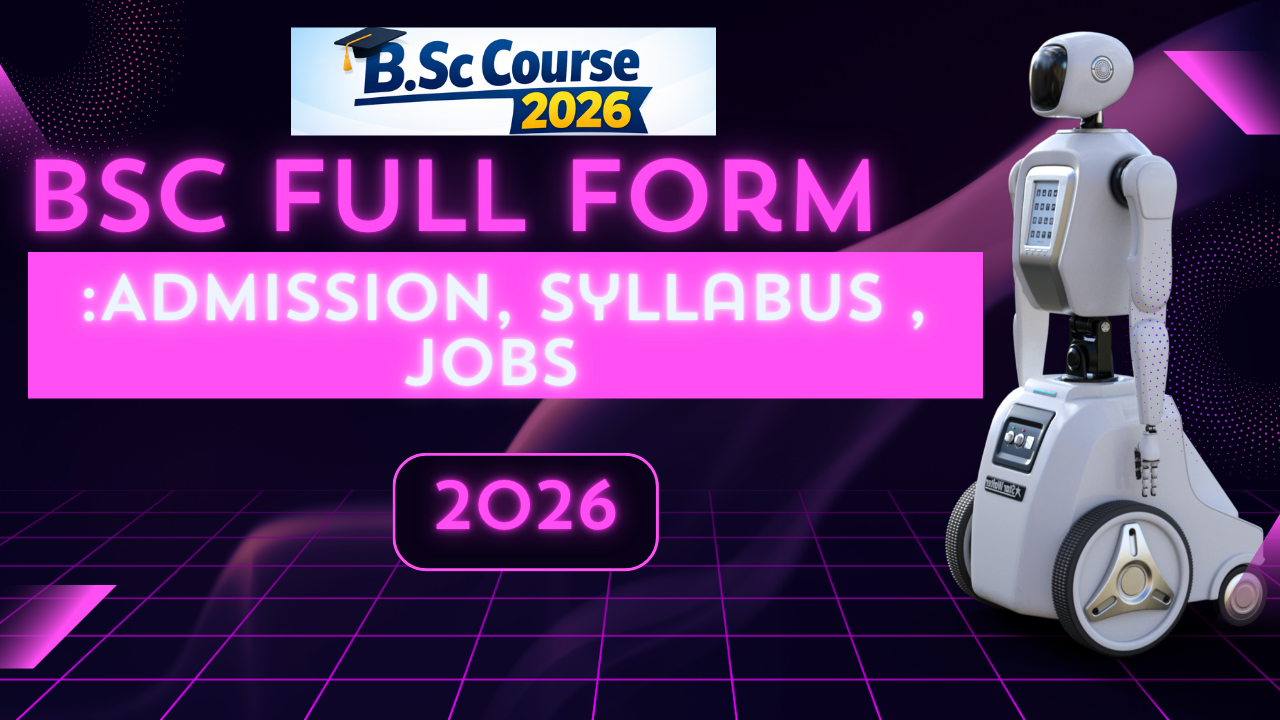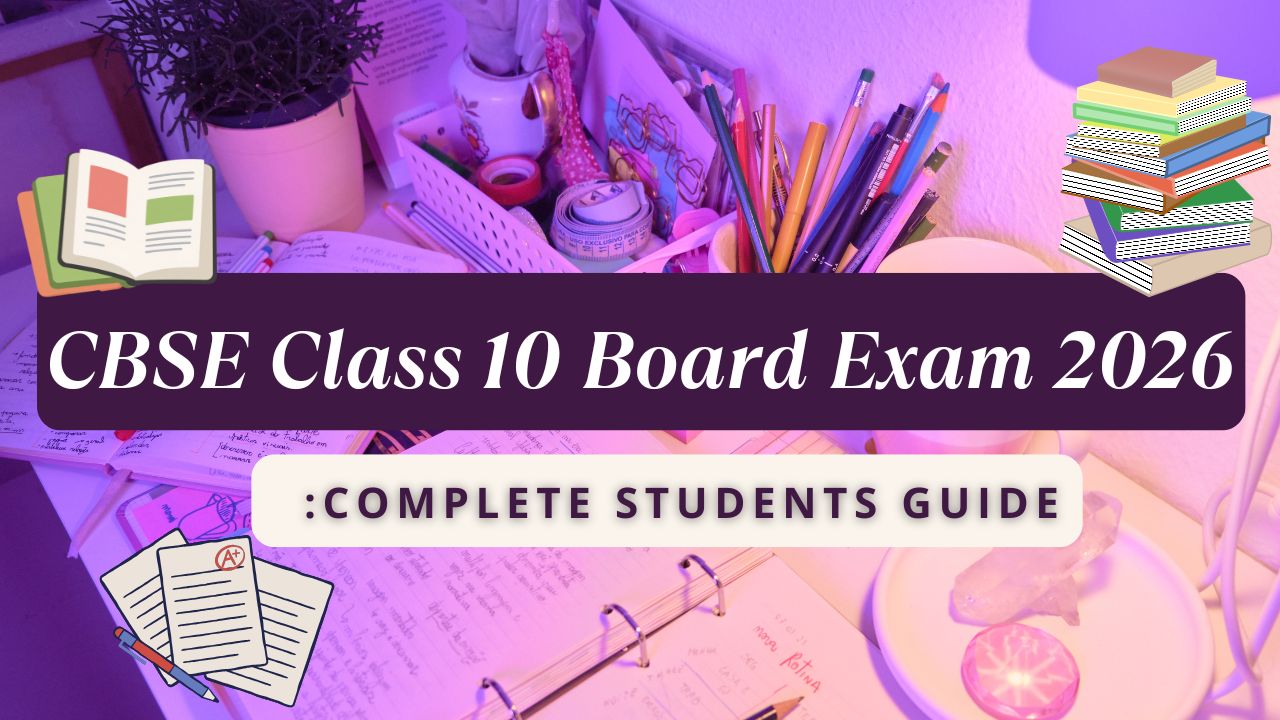Bhoomi kaushik
Get Real Experts on your side
Before venturing to seek career counseling, answer a few basic questions so we can connect you with our best expert counselor for personalised guidance and mentorship.




Bhoomi kaushik
08/08/2024
How to choose right online course for your career course
Navigating Online Education for Career Growth: A Simple Guide
In today's fast-paced world, online education has become a powerful tool for anyone looking to advance their career. Whether you want to switch careers, learn new skills, or improve your expertise, choosing the right online course is essential. This guide will walk you through the steps to make sure you pick a course that suits your goals and helps you succeed.
1. Self-Assessment and Goal Setting
Set Your Career Goals:
Start by thinking about what you want to achieve in your career. Are you aiming for a promotion, a career change, or just trying to learn something new? Your long-term goals might include reaching a leadership position, starting a business, or becoming an expert in your field. Knowing where you want to go will help you choose courses that take you in the right direction.
Understand Your Skills and Knowledge:
Before jumping into a course, take a moment to assess your current skills. What are you good at, and where do you need improvement? Identifying your strengths and weaknesses will help you choose a course that fills in the gaps and builds on what you already know.
Know Your Learning Style:
Everyone learns differently. Some people prefer watching videos, others learn best by listening to lectures, and some need hands-on practice to really understand something. Knowing your learning style will help you pick a course that matches how you learn best.
2. Research and Course Selection
Look for In-Demand Skills:
Research the skills that are currently in high demand in your industry. Whether it's digital marketing, data analysis, or project management, knowing what employers are looking for will guide you in choosing the right course.
Choose a Course That Fits Your Goals:
Make sure the course you choose aligns with your career goals and helps you develop the skills you need. Look for a course that specifically addresses the areas where you want to grow.
Check the Course Content:
Take a close look at what the course covers. Does it include all the topics you need to learn? Make sure the content is up-to-date and relevant to your industry.
Research the Course Provider:
The reputation of the institution or platform offering the course is important. Look into the provider’s background, the qualifications of the instructors, and any partnerships they have with industry leaders. A course from a respected provider can add value to your resume.
Look for Certifications:
If the course offers a certification, check if it's recognized in your industry. A certification can be a great way to stand out in a competitive job market.
3. Course Format and Delivery
Find a Flexible Course:
One of the benefits of online education is flexibility. Choose a course that fits into your schedule and allows you to learn at your own pace. This is especially important if you're juggling work, family, or other commitments.
Look for Interactive Features:
Courses that include interactive elements like video lectures, quizzes, and assignments can make learning more engaging and effective. These features help you apply what you've learned in a practical way.
Consider Instructor Support:
Having access to instructors who can answer questions and provide feedback can enhance your learning experience. Choose a course where instructors are available to help when you need it.
Check Technology Requirements:
Make sure you have the right equipment to complete the course, such as a reliable computer and internet connection. Some courses may require specific software, so check these requirements before you start.
4. Cost and Investment
Set a Budget:
Decide how much you're willing to spend on your education. While some courses might be expensive, they could lead to significant career benefits.
Compare Prices:
Look at different courses and compare their costs. Make sure you're getting good value for your money by considering what each course offers in return.
Think About the Return on Investment (ROI):
Consider how the course could impact your career. Will it help you get a higher-paying job, earn a promotion, or achieve other career goals? Weigh these potential benefits against the cost of the course.
5. Reviews and Testimonials
Read Online Reviews:
Check out what other students have said about the course. Reviews can give you insights into the course quality, the effectiveness of the instructors, and overall student satisfaction.
Ask for Recommendations:
Talk to friends, colleagues, or mentors who might have taken similar courses. Their experiences and recommendations can help you make a more informed decision.
Consider Alumni Feedback:
Look for feedback from people who have completed the course. Their success stories can give you an idea of how the course might benefit you.
6. Trial Period and Sample Content
Try Before You Buy:
If the course offers a free trial, take advantage of it. This will give you a feel for the course content, teaching style, and whether it suits your needs.
Review Sample Content:
Look at any available sample materials to assess the quality of the course. This can help you decide if the course meets your expectations.
7. Support and Community
Check for Student Support:
Look into what kind of support is available during the course. This could include tutoring, mentoring, or Q&A forums. Having access to support can make a big difference in your learning experience.
Join a Learning Community:
Some courses offer opportunities to connect with other students. Being part of a learning community can provide valuable networking opportunities and enhance your overall experience.
Additional Tips-
Focus on Practical Learning:
Choose courses that offer hands-on projects or case studies. Practical learning helps you apply what you’ve learned and prepares you for real-world situations.
Consider the Course Length:
Make sure you can commit the time needed to complete the course. Balance your time availability with the course duration to avoid feeling overwhelmed.
Update Your Resume:
After completing the course, add the new skills and certifications to your resume. This can help you stand out to potential employers.
Keep Learning:
Online education is an ongoing journey. Continue to explore new courses and learning opportunities to stay current in your field and keep advancing in your career.
By following these steps, you can select an online course that helps you grow professionally and achieve your career goals.









.png)











.jpg)


.jpg)




.png)







.png)

.png)




.png)

.png)
.png)



.png)

.png)


.png)

.png)


.png)

.png)

.png)
.png)

 (1).png)



.png)

.png)
.png)


.png)


.png)


.png)

.png)







.png)





.png)


.png)














.png)













.png)




.jpg)






.png)




.png)


.png)
.png)
.png)
.jpg)



.png)


.png)
.png)
.png)



.png)











.png)
.png)



.png)


.png)
.png)


.jpg)







.jpg)









.jpg)





.png)


.jpg)



Before venturing to seek career counseling, answer a few basic questions so we can connect you with our best expert counselor for personalised guidance and mentorship.
